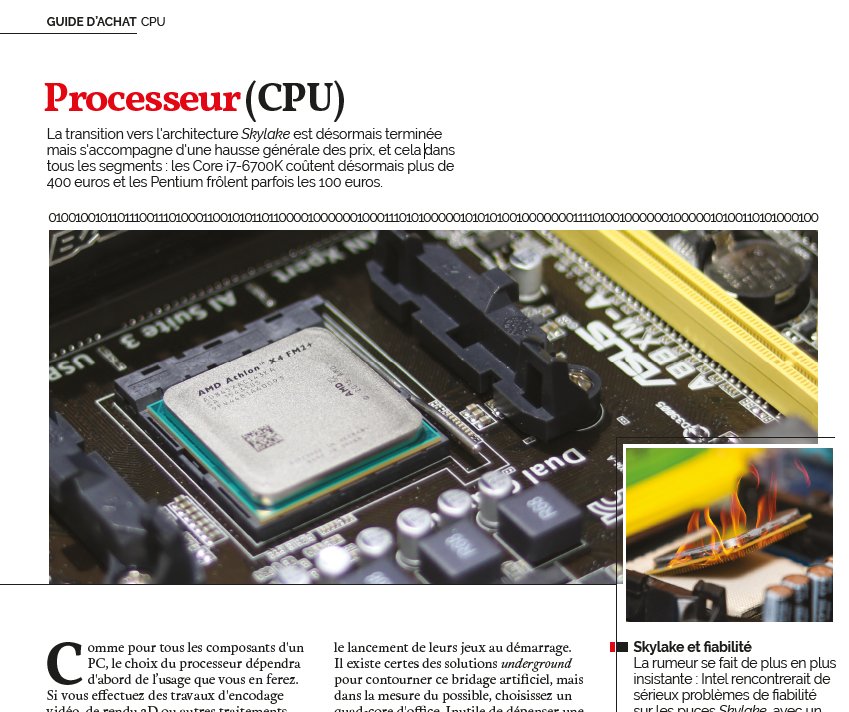It is not our hype but CanardPC are very trustworthy, and they are the people that do the validations for CPUID/CPU-Z so I think I trust them more than most.
AMD have done next to no hype on this CPU at all, in fact it almost secretive.
My feeling two months ago was that best case or at least the target was Haswell, talking to people with privy to ES samples adn going on the stategic leaks, there is genuine sentiment that Zen is a very strong architecture. I get that hype can be a set up, but unlike bulldozer and the 500 delays, marketing rubbish and what not that went on for a year, Zen is anything but that. AMD have ensured that even the ES chips are sandbagged. Not a single ES chip feature the XFR, SenseMI technology, no finished retail boards yet with teh full support, no clocks yet and it still managed to be inside 10% to a 6900K. It has been forever since I had an AMD CPU, and given how "boring" intel has become with useless peripherals to mask less than optimal improvements, I want something new and a little gung ho.
I am one of those people that wants a strong AMD, the market is better for it, that is great for everyone, to have choices.
Even with CanardPC, with their gaming benchmarks still looks to be the IPC of somewhere between Haswell and Ivy Bridge. Gaming benchmarks are more telling in this regard. So sitting around and trying to extrapolate them from something we don't have enough information on, just doesn't do anyone any good as it can be lower or higher, its all up in the air.
AMD has hyped it enough, they did so to get their stock price up, got people to talk about it, in more ways than one, where websites have stated it beats Broadwell with a similar core count and frequency. Which as for right now for enthusiast systems are the fastest chips available in market. if you don't consider that hype, not sure what else is cause, if it comes out and those gaming benchmarks come out as real or close to real, well that is over hype. AMD might not have done it directly because they were only showing specific tests (blender and handbrake) but none the less others have taken AMD's word for it and attributed it to every application. AKA Polaris, it wasn't hyped by AMD when it came to performance but websites, forum members did, look how that turned out. AMD also hyped Polaris's power consumption levels, look how that came out. There is a fine line between managing expectations and marketing, if they can't manage expectations then marketing is automatically bad.
![[H]ard|Forum](/styles/hardforum/xenforo/logo_dark.png)

